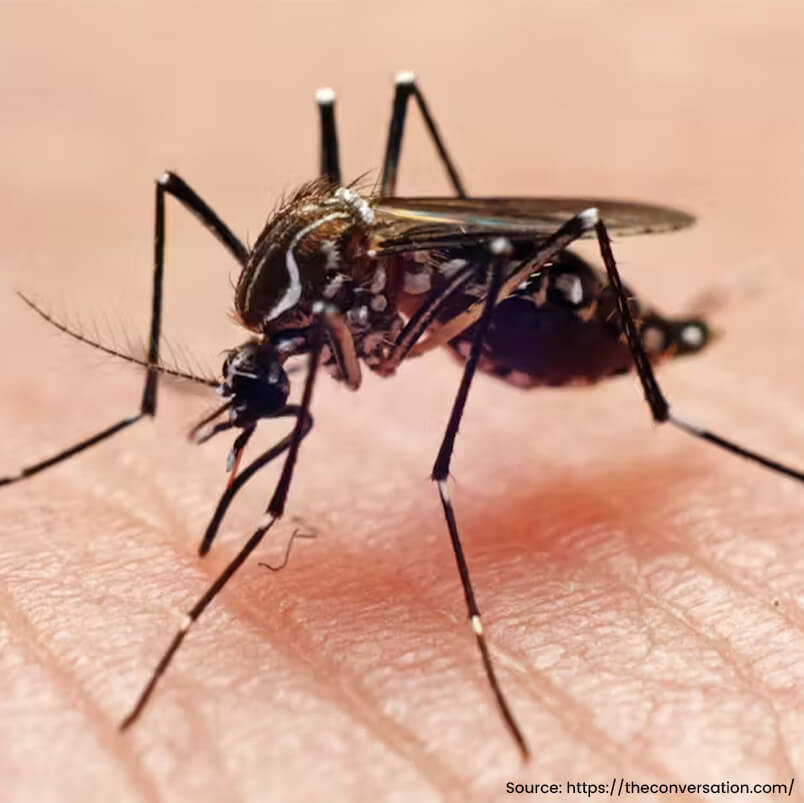Observed annually on 25th April, World Malaria Day serves as a powerful reminder of the ongoing fight against one of the world’s deadliest yet preventable diseases. Established by the World Health Organization (WHO), this day aims to highlight the need for sustained investment and political commitment to malaria prevention, control, and eventual elimination.
Malaria is caused by parasites transmitted to people through the bites of infected female Anopheles mosquitoes. While it is both preventable and curable, the disease continues to claim hundreds of thousands of lives each year, particularly in low-income countries with limited access to healthcare. According to WHO, in 2022 alone, an estimated 249 million cases of malaria occurred worldwide, resulting in over 600,000 deaths, most of them children under the age of five in sub-Saharan Africa.
On World Malaria Day 2025, WHO joins the RBM Partnership to End Malaria and other partners?in promoting “Malaria Ends With Us: Reinvest, Reimagine, Reignite”, a grassroots campaign that aims to re-energise efforts at all levels, from global policy to community action, to accelerate progress towards malaria elimination.
In recent years, there has been notable progress in developing new tools to combat malaria. The introduction of the RTS,S/AS01 (Mosquirix) vaccine has provided hope in the fight against the disease, especially for young children. Moreover, innovations in vector control, such as insecticide-treated nets (ITNs) and indoor residual spraying (IRS), continue to play a vital role in prevention.
However, challenges remain. Resistance to antimalarial medicines and insecticides is rising, and climate change impacts are expanding the range of malaria-transmitting mosquitoes. Additionally, global health emergencies, such as the COVID-19 pandemic, have disrupted malaria services, putting millions at greater risk.

On this World Malaria Day, governments, healthcare workers, researchers, and individuals must unite to reinforce the global response. Strengthening surveillance systems, increasing funding for research, and promoting community awareness are key to eliminating malaria.
Each of us can contribute by supporting awareness campaigns, encouraging the use of mosquito prevention methods, or donating to organisations working in malaria-endemic regions. Ending malaria is not just a health imperative, but a step towards achieving global equity and sustainable development.
Let us stand together and reaffirm our commitment to a malaria-free world. A future without malaria is not just a dream; it is an achievable goal, but only if we act now.
